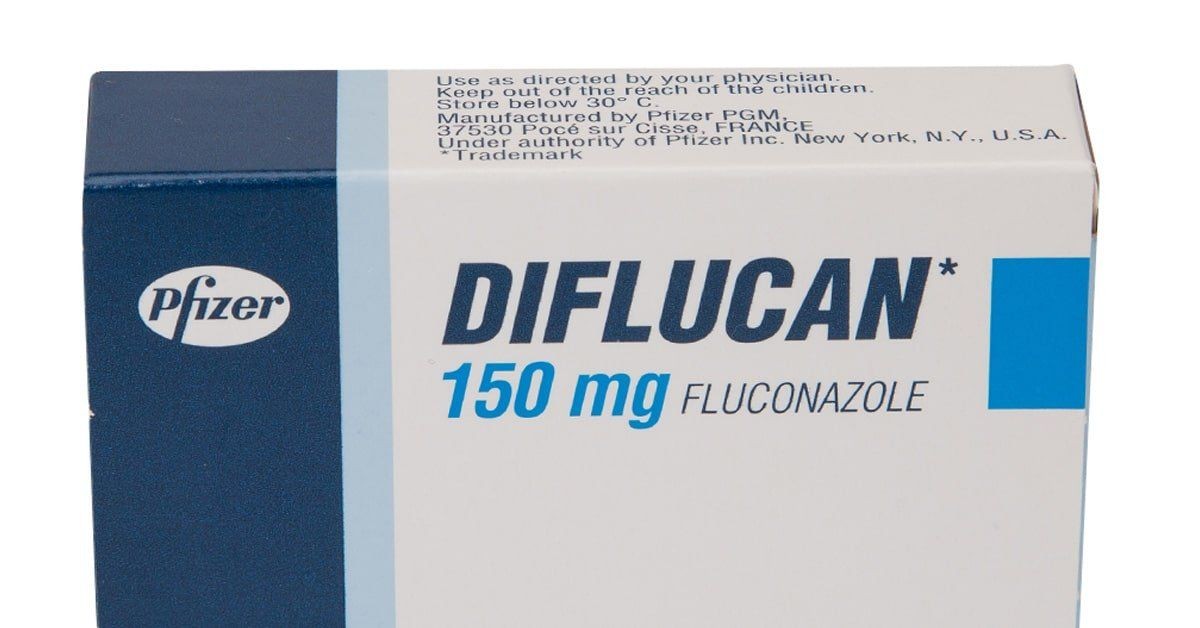
Contents
Diflucan vs. Itraconazole
Diflucan is an anti-fungal medication that prevents the growth of fungi by inhibiting the production of fungal cell membranes. It is related to clotrimazole, ketoconazole, itraconazole, and miconazole. Diflucan treats various fungal infections, including vaginal, oral, and esophageal infections caused by Candida, urinary tract infections, peritonitis, pneumonia, and disseminated infections caused by Candida, cryptococcal meningitis, and the prevention of Candida infections in patients undergoing chemotherapy or radiation after bone marrow transplantation.
Itraconazole is an anti-fungal drug used to treat fungal infections such as fungal nails, aspergillosis, blastomycosis, histoplasmosis, and candidiasis, as well as HIV and non-HIV infected individuals. It belongs to the same drug class as fluconazole, ketoconazole, and miconazole. Itraconazole prevents the growth of various types of fungi by inhibiting the production of fungal cell membranes.
QUESTION
What are the side effects of Diflucan and Itraconazole?
Diflucan
Common side effects of fluconazole include:
Other important side effects include:
- diarrhea
- dyspepsia
- dizziness
- reduced blood levels of potassium
- rash
- taste disturbance
Possible serious side effects include:
- seizures
- reduced number of white blood cells
- reduced number of blood platelets
- toxic epidermal necrolysis
Rarely, serious allergic reactions, including angioedema, may occur. Liver dysfunction and abnormal heart beats have also been associated with fluconazole. Stevens-Johnson syndrome has been reported as well.
Itraconazole
The most common side effects of itraconazole are:
Other important side effects include:
- high blood pressure (hypertension)
- increased blood triglycerides
Less common but more serious side effects include hepatitis and congestive heart failure. It is important to report any signs or symptoms of liver dysfunction, such as unusual fatigue, poor appetite, nausea/vomiting, yellowing of the eyes, dark urine, or pale stool. Itraconazole should not be used for the treatment of onychomycosis in patients with a history of heart failure. It should be discontinued if signs and symptoms of heart failure occur, including fatigue, edema, shortness of breath, nausea, abdominal pain, and inability to sleep without sitting upright. The use of calcium channel blockers may increase the risk of heart failure associated with itraconazole.
What is the dosage of Diflucan vs. Itraconazole?
Diflucan
- The usual adult dose is 50-400 mg daily depending on the type of infection. Treatment is continued for 2 weeks.
- Esophageal Candida infections are treated for 3 weeks or longer.
- Treatment of cryptococcal meningitis may last for 10-12 weeks.
Itraconazole
The usual recommended dose is 200-400 mg daily. Capsules should be taken with a full meal. The capsule and liquid forms are not interchangeable, and only the liquid form is used for treating oral candidiasis.
What drugs interact with Diflucan and Itraconazole?
Diflucan
- Hydrochlorothiazide increases the blood concentration of fluconazole. No dosage modification is recommended when both drugs are combined.
- Rifampin reduces the blood concentration of oral fluconazole, reducing its effectiveness.
- Fluconazole may increase the concentration of warfarin in the blood, potentially leading to an increased tendency to bleed.
- Fluconazole also increases the concentration of phenytoin, cyclosporine, zidovudine, saquinavir, theophylline, tolbutamide, glyburide, glipizide, triazolam, midazolam, celecoxib, fentanyl, atorvastatin, simvastatin, and lovastatin.
Itraconazole
Itraconazole reduces the liver metabolism of certain drugs, resulting in increased blood levels and side effects. Life-threatening adverse effects occurred when itraconazole was combined with cisapride, pimozide, quinidine, dofetilide, or levomethadyl. Therefore, itraconazole should not be combined with these drugs.
HMG CoA-reductase inhibitors such as simvastatin or lovastatin should also not be combined with itraconazole due to the risk of serious adverse effects.
Other drugs whose blood levels are increased by itraconazole include warfarin, tolbutamide, glyburide, glipizide, protease inhibitors, midazolam, triazolam, nisoldipine, verapamil, tacrolimus, sirolimus, cyclosporine, and fentanyl.
Carbamazepine, phenobarbital, phenytoin, rifampin, rifabutin, and isoniazid reduce the blood concentration of oral itraconazole. Itraconazole tablets should be taken at least two hours before antacids or other acid-reducing medications.
By clicking Submit, I agree to the MedicineNet’s Terms & Conditions & Privacy Policy and understand that I may opt out of MedicineNet’s subscriptions at any time.
Are Diflucan and Itraconazole safe to use while pregnant or breastfeeding?
Diflucan
- There are no adequate studies of Diflucan in pregnant women, and harmful effects to the fetus have been reported with high-dose fluconazole. Use of fluconazole during pregnancy is not recommended.
- Diflucan is secreted in breast milk at concentrations similar to the mother’s blood level. However, fluconazole is used for treating neonates with fungal infections and lactation-associated Candida infections. Available evidence suggests that use of fluconazole during breastfeeding has little risk.
Itraconazole
- Itraconazole has not been adequately studied in pregnant women, and cases of congenital abnormalities have been reported. It should not be used to treat nail fungal infections in pregnant patients. Women of childbearing age receiving treatment for fungal nail infections must use contraception while receiving itraconazole and for two months after treatment.
- Itraconazole is excreted in human milk, so it should not be administered to nursing women or breastfeeding should be discontinued.
Summary
Diflucan (fluconazole) and itraconazole are anti-fungal medications used to treat various fungal infections caused by Candida. Diflucan is used for vaginal, oral, and esophageal infections caused by Candida, urinary tract infections, peritonitis, pneumonia, and disseminated infections caused by Candida, cryptococcal meningitis, and the prevention of Candida infections in patients undergoing chemotherapy or radiation after bone marrow transplantation.


